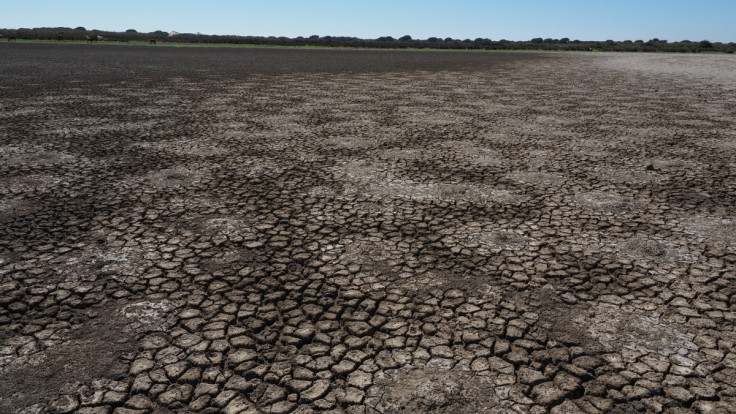Plan To Allow Irrigation At Spanish Wildlife Sanctuary Sparks Outcry

A plan to legalise irrigation around the Donana wildlife reserve in southern Spain, one of Europe's largest wetlands and a wintering location for migratory birds, has sparked an outcry in during a prolonged drought.
Andalusia's conservative regional government wants to allow agricultural irrigation in five municipalities around Donana, saying the move poses no risk to the national park.
The regional assembly, where the conservatives have a majority, will vote later on Wednesday whether to proceed with detailed studies of the proposal.
But scientists and the national government warn the park is in critical condition with lagoons drying out and biodiversity disappearing, and want a reduction in water extracted.
"There is no water at all. It makes no sense to promise something that is not there," Environment Minister Teresa Ribera said on Tuesday, vowing to take all possible legal measures to protect Donana from the move "that directly attacks one of the country's most precious ecosystems".
While some irrigation is already allowed, many farmers use illegal wells that drain underwater reserves. The central government closed this week 220 illegal wells and plans to close hundreds more in the near future.
The European Commision, which has already taken Spain to court for failure to protect the wetlands, warned last month the plan could lead to sanctions.
Donana boasts lagoons, marshlands, scrub woodland, beaches and sand dunes and is home to fallow deer, badgers and endangered species including the Spanish imperial eagle and the Iberian lynx.
Spain is in the grip of a long-term drought after 36 months of poor rainfall. The Guadalquivir basin, where Donana is located, and Catalonia in the northeast are two of the most affected areas.
Exacerbating the drought, scientists say, is illegal use of underground waters by local red fruit producers in greenhouses and by tourism ventures that have mushroomed around Donana.
A study by the Spanish National Research Council said earlier this week 19% of Donana's 267 lagoons have disappeared over the past decade, and the number of wintering migratory birds dropped to below 90,000 from some 500,000.
Campaign group Greenpeace said in a statement the proposed regulation "threatens the survival of Donana, one of Europe's most emblematic natural areas, and punishes (legal) irrigators who have been complying with the law".
© Copyright Thomson Reuters 2024. All rights reserved.





















